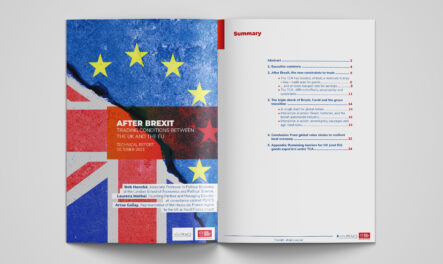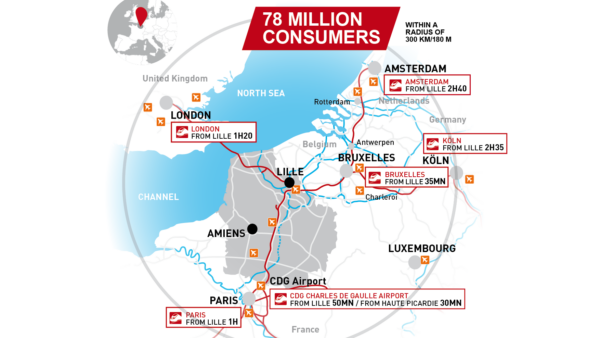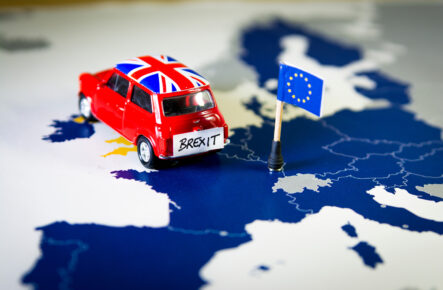The implications of the Green transition
One new challenge of our century is the decarbonisation of our economy. This implies being more eco-conscious regarding the way companies work. It includes the components you are using, your logistics and overwall your entire processes.
The automotive industry will be the most affected. For example, both EU and the UK are suggesting ban over diesel and petrol in order to favor electric cars. In addition, this industry is obviously highly reliant on batteries. The main issue, is that most of them do not meet the Rules of Origin’s requirements.
As such, the development of the battery industry is a necessity but the batteries currently used by the automotive industry are for the most part incompatible with Rules of Origin.
In other words, Brexit combined with other external factors such as the Covid-19 pandemic have reinforced uncertainties for UK companies.












